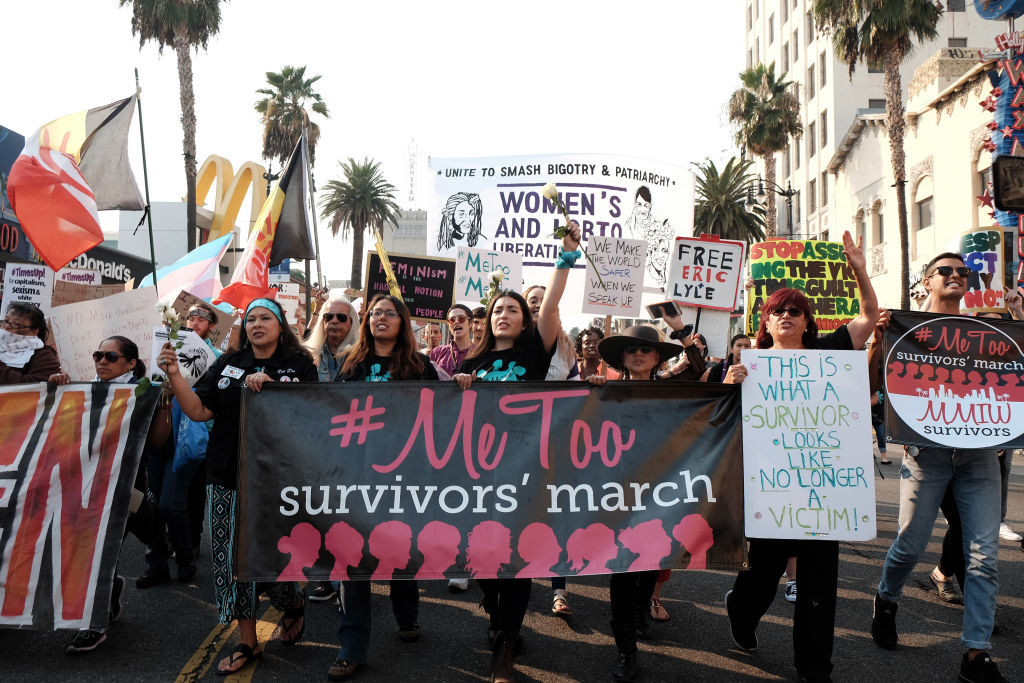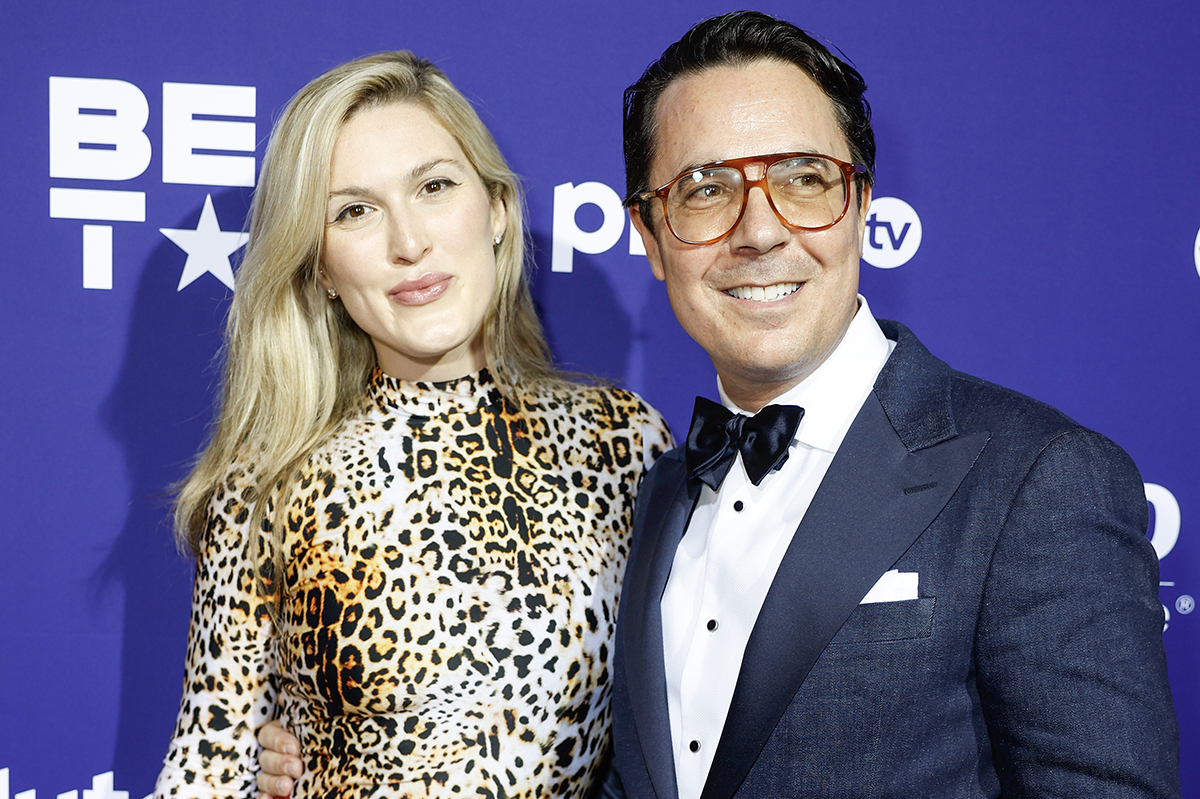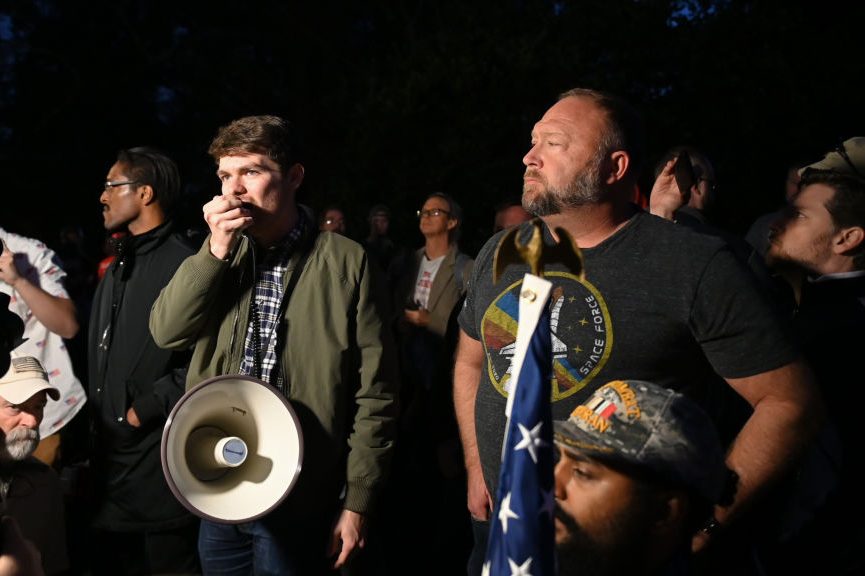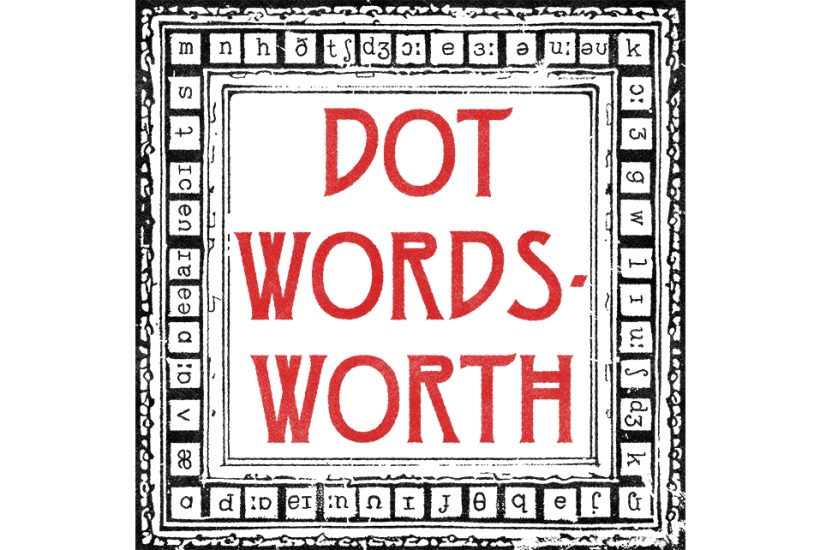I almost backed out completely. I had drafted and redrafted the thread so many times. I labored over each component — the diction, which had to be compelling yet detached; the culling and selective cropping of screenshots; the order in which I would present the anecdotal and documented evidence, to construct a narrative engineered for virality that would at once cast me as blameless and transform an awkward male pervert into a sexual predator.
I knew that, if successful, I would be committing myself to a few days, maybe a week, of an extremely stressful public performance. But my curiosity compelled me to continue. Soon I had finished the posts, sent them off to trusted friends (one male and one female) to see how they would be received, and, with their approval, published at a time when I knew people were checking their phones.
The thread did indeed go on to be somewhat viral, and a small media spectacle ensued; I spent the next few days absorbed in a microcosm of journalists, skeptics, sympathizers, and other alleged victims, anxiously, almost compulsively, talking to them on the phone and in text at all hours. They all seemed to regard me as some kind of leader — an architect of their catharsis from our collective trauma — and my thread as the apotheosis of a brave, restorative justice. Then, as suddenly as it had happened, it all vanished, eclipsed as the news cycle moved on.
This was my attempt to ‘cancel’ the alt-lit poet Steve Roggenbuck in October 2018. I knowingly used the vulturous journalistic culture of #MeToo to, as Anna Khachiyan wrote in a subtweet about me, to ‘attempt [to] capitalize on [my] trauma in exchange for agreeing to be exploited by a massive digital platform.’ It was never the sincere gesture at justice that I portrayed it to be in order for it to succeed; it was always an attempt to leverage a relatively insignificant trauma into selfish capital gain. And it succeeded not because of the integrity of my narrative, but because the experience was attached to someone who had a modicum of celebrity — or, as one tweet put it, ‘some marginal loser who has marginal clout in some marginal creative field.’
This is not to say that what I alleged did not occur — Steve Roggenbuck certainly did send me inappropriate Facebook messages when I was a minor, knowing that I was underage. But, while his overtures were perhaps grotesque, were they really the pinnacle of sexual abuse? Should this be the ‘cancelable’ offense that erases a man from public existence? In no way do I seek to defend him or his actions — he disgusts me in every way, and I chose him out of all of my abuse experiences to #MeToo because I knew, with his obnoxious feminist posturing, he would surely capitulate to whatever I alleged.
For me, however, in the greater context of my life’s traumas, our interactions mean very little. Our exchanges upset me most, ironically, in a way I omitted from the original thread: they recall a time in my life of relative innocence, when I faltered on the brink of corruption. Revisiting my messages with Roggenbuck retraumatized me because I truly felt sad and sick for my naive self; I saw the isolated child and adolescent who, driven by loneliness, sought affirmation from the twisted sexual advances of older men and women and felt a compulsive obligation to appease and invite them.
But this is not what the media wants to know, nor is it what they care to hear. They are mostly uninterested in the story of a woman examining the complexity of her own victimhood, her complicity in her abuse, her fraught culpability. Digital media is concerned with the trauma of women only inasmuch as it can create an effective spectacle of the grotesque. Hence, they tend to publish trauma narratives on the basis of what is lecherous or notable enough to attract clicks. They seek a pure victim to cast against a recognizable predator, or against a sexual aberration so taboo it can be monsterized.
This is true for the ramifications of my #MeToo thread. A flood of female journalists contacted me, all wanting the exclusive right to ‘tell my story’ under the pretenses of helping some nebulous, overarching feminist cause. Most disappeared when I denied them exclusivity, as I felt it would undermine my purpose to confine the story to one outlet. Of the five journalists who proceeded with me, only two actually published articles: Samantha Grasso at The Daily Dot (‘Alt-lit poet Steve Roggenbuck admits to sending sexual messages to underage girl‘) and Amy Zimmerman at The Daily Beast (‘The Star “Feminist” Author Accused of Preying on Underage Girls‘). Both made reference to the previous sex abuse scandals in alt-lit demonstrating a pattern.
The low standard of reporting among these women genuinely shocked me. Though some asked for fuller transcripts of my Facebook messages, they, like my Twitter audience, appeared to take everything I said at face value, including a few pieces of information I added on the spot. This is best exemplified in the figure I gave for Roggenbuck’s ‘victim’ toll. When asked how many I knew there to be — with, of course, no concrete definition of who would be considered a victim, and no differentiation between qualitatively different traumas (e.g. harassment, assault, rape) — I said, and tweeted, ’20’, basing my estimate on a group DM I created of those who reached out to me and rounding up to make it seem more salacious. And, of course, these journalists and I kept such details ambiguous with the same endeavor in mind: to maximize sensationalism.
The other three of the five journalists, who worked with me but never published an article, wasted days, even weeks of my time. One was from an NPR offshoot, who dropped the story almost as soon as they had scooped me. The other two, however, worked for Jezebel — the flagship media outlet of viral feminism, and, arguably, the mother of the female trauma industry, lest we forget such efforts as their explosive father-daughter incest exposé from 2015, ‘On Falling In and Out of Love with My Dad.’
Needless to say, I was very excited to have attracted them, and equally dismayed when, after hours of interviews, the initial Jezebel writer attached to the piece decided to drop it in favor of a more pertinent scandal unfolding simultaneously, the Kavanaugh hearing. I did not want to let it go; a Jezebel article would prove the astuteness of my social engineering, and bring my #MeToo effort to its poetic climax. I went so far as to contact the editor-in-chief, using the very same pretenses of feminism under which I was solicited to plead with her that a new writer be assigned. And another one was — one who assured me of her prior experience with what she deemed ‘accuser coverage’, and with whom I shared more information than I did with any of the others combined, over a period of weeks.
But the promises she made to see the article to its completion turned out to be empty. The last I heard from her was about a year ago, when she wrote me that Jezebel was ‘still planning to move ahead with this story, but not until after the new year’, long after what little mania I had generated had dwindled to nothing and died.
I do not discount the possibility that #MeToo, and the people associated with it, have helped abuse victims. There may be instances in which it enabled justice, or at least offered some private catharsis to a victim for whom the confession of trauma to an accepting public was, itself, healing. But it has undeniably contributed to an economy in which subjective experiences of the very worst kind are flattened, curated into marketable commodities, and leveraged for usually meager gain, a process which obstructs the therapeutic processing of trauma in all of its complexity. It propagates the idea that there is no meaning or resolution to abuse outside of what conciliatory attention can be momentarily offered by the constant, ever-hungry spectacle. People are incentivized to view their pain, no matter how deep or how severe, as intrinsically redemptive, not for how it has impacted their lives, but for how it can be utilized by this system. Even vaguely negative social experiences are contorted to fit the paradigm; everything from sex crimes to perceived slights can be opportunistically and indiscriminately reduced and consumed.
That this occurs under the aegis of feminism belies its true destructiveness. In a way, I do not understand why the rhetoric of justice must be invoked at all, as it barely masks the fact that the media has created an industry of trauma because it generates traffic and revenue. The power structure of the narrative and the corporate nature of the digital age denies victims true catharsis — they are either relegated to comfortable roles of victimhood, where their abuser, in a way, becomes their entire identity — or are completely forgotten about, devoured by the news cycle. Neither option gives them what they were ultimately looking for: justice and redemption.
My own story and truth remains my own — without conclusion or sublimation, resolution or vindication. After dealing with the shame, scrutiny, and overexposure that #MeToo victimhood entails, I still cannot say if speaking out about this was worth it; even going into it with the cynicism that I did, I found myself transformed into a feminist emblem, robbed of context and nuance, and then discarded all the same. But perhaps, despite how clearly salacious, even pornographic the industry fixation on trauma is, the illusion of catharsis still manages to triumph in the minds of victims, and this is what allows it to be sustained at all. Perhaps victims must suspend disbelief about their own exploitation in order to cope — not only with traumatic events, but also with a world that regards these experiences as derivatives to be bought and sold. Perhaps this is the real solidarity that #MeToo has to offer: the collective grief of being reduced infinitely, never understood.
This article was originally published in Jacobite.


























